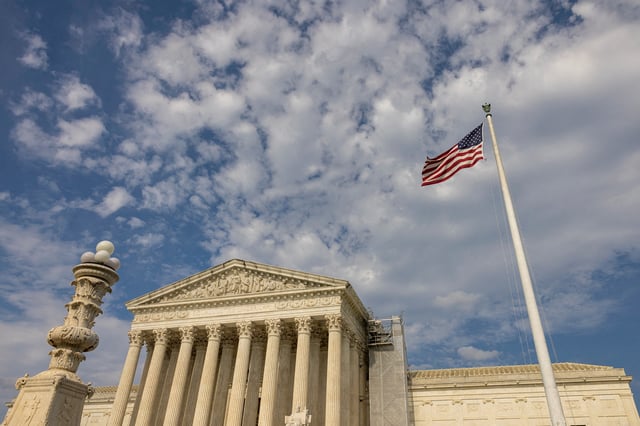Overview
- The U.S. Supreme Court declined to review a challenge to Mississippi's lifetime voting ban for individuals convicted of certain felonies, even after they have completed their sentences.
- Mississippi's voting ban, codified in the state’s 1890 constitution with racist intent, disproportionately impacts Black residents and includes non-violent offenses such as perjury and forgery.
- The plaintiffs argued the law violates the 14th Amendment's equal protection clause and the 8th Amendment's prohibition on cruel and unusual punishment, but a lower court upheld the ban.
- Mississippi is one of 11 states that does not automatically restore voting rights to felons, and its process for regaining voting rights is described as onerous and rarely successful.
- Since 1974, 26 states have expanded voting rights for individuals with felony convictions, but Mississippi remains an outlier with some of the harshest restrictions in the U.S.

